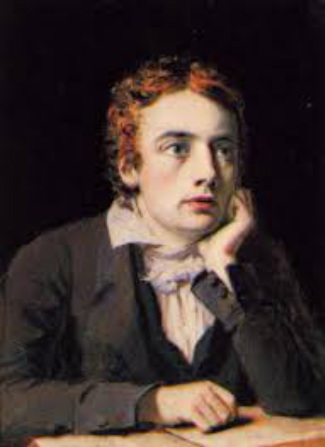No, I have no intention or desire to add to the millions of words already written about the life and death of Margaret Thatcher; suffice to say, I was totally opposed to her as Prime Minister and her passing makes no difference. I won’t mourn her but neither will I be opening the champagne.
What interests me now is the way in which this aggressively philistine politician came to define an era and impose a political ideology on a country which claimed to eschew the very thought of ideologically-based politics. The
‘-ism’ named after her owes nothing to her, of course. It comes from the Chicago School of monetarist economists and was filtered through a series of easily understandable sound-bites for her by the likes of Keith Joseph and Alfred Sherman. It was clear at the time that this was a classic case of “a little learning”: she got the gist, but not the science; she got the style but not the substance.
This was the essence of the ideology which is called Thatcherism: a simple and simplistic idea wrapped up in a great deal of (often military) rhetoric.
But this was not the sole reason for its success. The real appeal for those who voted in 1979 was its negativity. Monetarism was against the Keynsian consensus. It was opposed to a welfare state, opposed to a voice for working people, opposed to the concept of society itself.
Such positions would have been impossible had the Joseph/Sherman/Thatcher triumvirate read novels, or visited the theatre, or listened to music. But they didn’t. The remorseless syllogistic logic of monetarism had no mitigating influence, no empathy or sympathy for the victims of their policies, for those outside the circle.
Hence the proposal for a “managed run-down” of Merseyside. Hence the refusal to accept that the fans were not responsible for the tragic events at Hillsborough: they brought it upon themselves. Hence the cuts in arts funding, the milk-snatching, the bloody parade of appalling triumphalism which came after the Falklands and hundreds of other examples.
I doubt whether any of those involved in the 80s had read Keats. If they had, they might have paused at the opening of the Fall of Hyperion:
Fanatics have their dreams, wherewith they weave
A paradise for a sect.
These fanatics destroyed a country, tried to destroy a class, but succeeded in creating a temporary paradise for their sect. “Is he one of us?” is a tacit admission of the existence of a sect; “Not for turning” is a proud boast that the single-minded pursuit of their kind of paradise was the plan.
I doubt, too, whether any of them had read much Bertrand Russell, to whom I have returned briefly after my foray into Wittgenstein’s Proposition 7. He was, he said, “fanatically opposed to fanaticism”.
That sounds, in a word which will be alien to the proponents of Thatcherism, reasonable.
Today’s listening: Vaughan William's London Symphony. A favourite of Jill, but not sufficiently well-established in my playlist. May reconsider.






 RSS Feed
RSS Feed